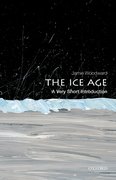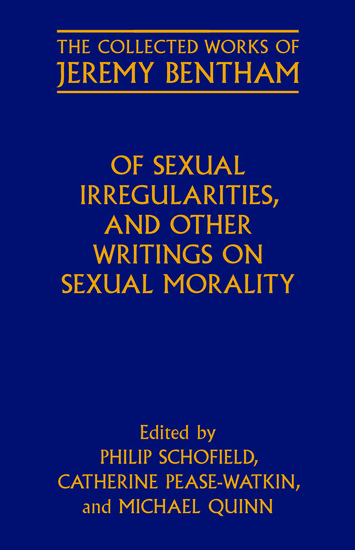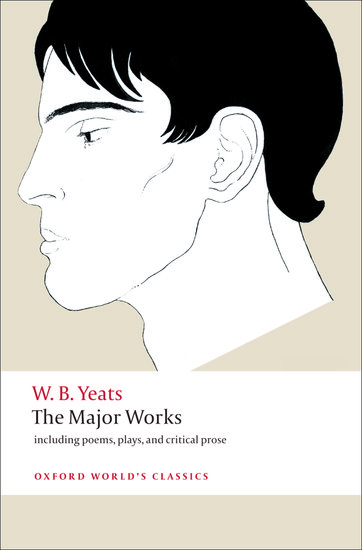What Coke’s cocaine problem can tell us about Coca-Cola Capitalism
In the 1960s, Coca-Cola had a cocaine problem. This might seem odd, since the company removed cocaine from its formula around 1903, bowing to Jim Crow fears that the drug was contributing to black crime in the South. But even though Coke went cocaine-free in the Progressive Era, it continued to purchase coca leaves from Peru, removing the cocaine from the leaves but keeping what was left over as a flavoring extract.











